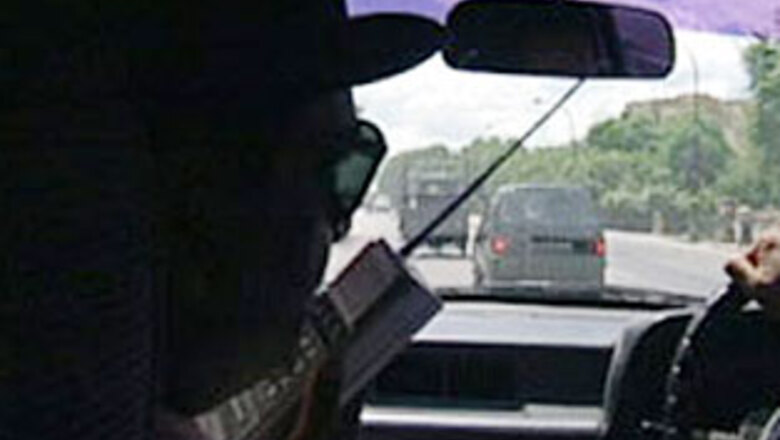
views
New Delhi: Moles, dossiers, big money...may sound like the perfect ingredients of a spy thriller, but these have actually become vital to political intelligence gathering in India - a phenomenon seen like never before in the 2009 Lok Sabha elections.
The private eye has now become a 'must have' tool of savvy political managers in the country.
For instance, the topmost leader of one of the two largest national political parties has hired a private detective agency to keep tabs on 10 party colleagues as well as a dozen from rival political camps that could be considered key players in the expected post-election numbers game.
"Our real task starts now after voting is over," informs V M Pandit, a former Central Bureau of Investigation (CBI) official now heading the detective agency which bagged the assignment after making a formal presentation to the "party top brass".
The agency has landed the "assignment" for a fee "over Rs 20 lakh", according to well-informed sources.
About 20 "moles" have infiltrated the political parties concerned to alert the client about the "twists and turns ahead, compile dossiers on the political as well as private life of identified leaders, their aides and those who exert influence on them as well as their daily movement".
The assignment began about two months ago.
"We have to keep our client one step ahead in this game". Pandit's agency, which has done political intelligence gathering during the last two general elections for "political parties", says the present assignment is "the biggest and most challenging so far".
For Election 2009, political parties big and small, as well as many national level leaders, have hired 15,000 detectives from about 200 private investigating agencies to snoop on rivals, dissidents within their own fold and newfound allies.
The going rate for hiring an "agent" for eight hours for "surface intelligence gathering" is about Rs,10,000- Rs, 15,000, says retired inspector general of police (Punjab) C Pal who too now heads a private detective agency. As much as 80 per cent of the demand from individuals is for this type of intelligence.
"Our men keep their eyes and ears open for plans of sabotaging political meetings and the common debate going on in a certain area. Information is collected, collated and then disseminated to the client."
"More expensive is 'intensive intelligence work' which means cultivating people as sources of information, then dissecting, analysing and verifying it before giving it as feedback.
"The third type of requirement is for probing, infiltrating various political outfits and merging with them and then analysing intelligence gathered."
Kunwar Vikram Singh, chairman, Association of Private Detectives of India, says: "Political intelligence has been used in this election as never before across political parties and politicians right from up north to down south of the country."
Detective agencies, realising they could not cope on their own, decided to pool in their resources under an umbrella association. "Even then we were able to meet only 20 per cent of the requirement."
These agencies plan to recruit 100,000 investigators to meet the anticipated demand over the next two years. According to Pandit, the demand is up by 25 per cent compared to other elections.
According to private investigators, national leaders and national parties want to "unearth the enemy within more than spying on political opponents from rival parties".
At an individual level, politicians hire private investigators to gather ground level information about their constituency and voters.
It was on such an assignment that an investigator found that his client was losing popularity because the promised tubewell had yet to be installed in a village. While the candidate had sanctioned the money for it and was informed by his field supporters that the village now had a tubewell, it was far from the truth.
According to Vikram Singh, "This sort of booth level information and voter management system based on intelligence is unique to India".
It was seven to eight years ago that he was approached by "a few young sitting MPs to gather ground level information about their constituency". The MPs were advised by their "businessmen friends for whom my agency worked" to use private detectives for this purpose.
"Earlier our services were utilized mainly by private companies, the corporate sector and individuals interested in information before finalizing matrimonial alliances or those wanting to spy on spouses and partners," said Vikram Singh.
It did not take long for politicians to realise that information is power, more so when the compulsion of coalition politics can call for sleeping with the enemy.
Obviously the private eye is here to stay in the rough and tumble of Indian politics in which friends can stick a knife and foes can extend a hand of support depending on the need of the hour.













Comments
0 comment